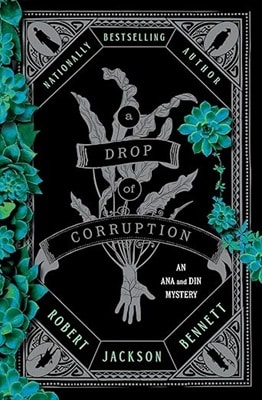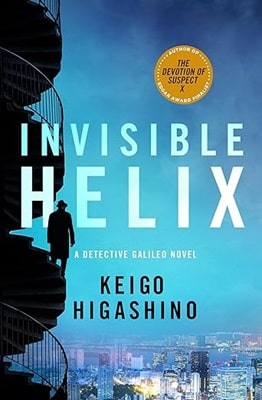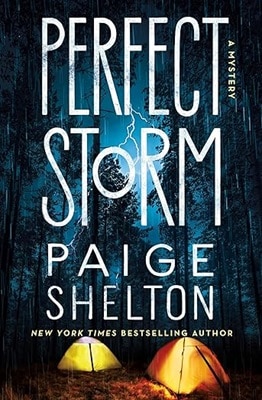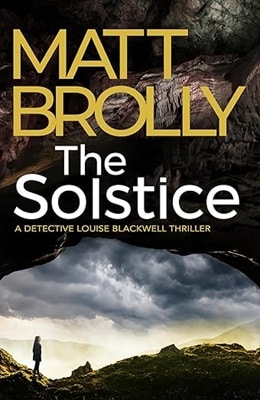Detective Mystery
There’s been a murder! To solve the crime, society turns to the hard men and women who have the stomach for the job, the deductive reasoning to catch the killer, and the grit to walk a mile in an assassin’s shoes. Of course, detective mysteries don’t always follow this mold. There are bungling detectives who somehow manage to catch a killer despite their blunders, forensic detectives whose work in a lab pays the dividends, or sleuths who never see a dead body. But they’re all equally detectives, and the heroes of the subgenre celebrated here.
Types of Detective Mystery
Bungling Detective
From Inspector Gadget to Inspector Clouseau, the bungling, bumbling, clueless detective always seemed to find enough of a clue at the end to solve the case. And along the way the reader or audience gets a laugh.
Closed Circle
The murderer is one of only a small number of people, each with means, motive, and opportunity. The detective’s job is to figure out which of the people in this closed circle is the perpetrator.
Crime Reconstruction
Often more focused on forensic science, in the crime reconstruction mystery the detective uses deductive and inductive reasoning, physical evidence, scientific methods, and their interrelationships to solve the crime.
Inside Job
In many ways, the Inside Job detective mystery is the heist/caper subgenre turned on its head. Instead of focusing on the perpetrators of the crime, the reader or viewer observes the detective either solving the case or stopping the next one.
Locked Room
The circumstances of the murder (or other crime) would seemingly make it impossible for the perpetrator to succeed. And yet he or she did. And they got away with it. Or would have until our detective got on the case.
A detective story that emphasizes the investigative procedure of a police officer or department. Note: Mystery and Suspense Magazine has separated the police procedural into its own subgenre.
Private Investigator
Unlike the police procedural, the detective in a PI mystery is privately paid and doesn’t work for a police department or other government agency. There’s often overlap with other subgenres like noir or hardboiled, which focus on style often found in PI mysteries.
Common Questions for Detective Mysteries
What makes a great detective mystery?
All detective mysteries are unique (that’s part of what makes them great!) but they do usually share some characteristics: The detective is often unusually observant or intelligent, the clues and suspects are introduced early, the crime is important (almost always murder), and the culprit is a worthy adversary.
Who are some of the greatest fictional detectives of all time?
Some of the most famous detectives ever include Sherlock Holmes, Hercule Poirot, Miss Marple, Nancy Drew, Jessica Fletcher, Harry Bosch, Stephanie Plum, Spenser, and Adrian Monk.
What was the first detective mystery ever written?
That would be The Murders in the Rue Morgue by Edgar Allan Poe, published in April 1841.
Poe invented the genre, with three stories of a young, eccentric French private detective named C. Auguste Dupin. These short mysteries inspired the creation of countless fictional sleuths, including Sherlock Holmes.





